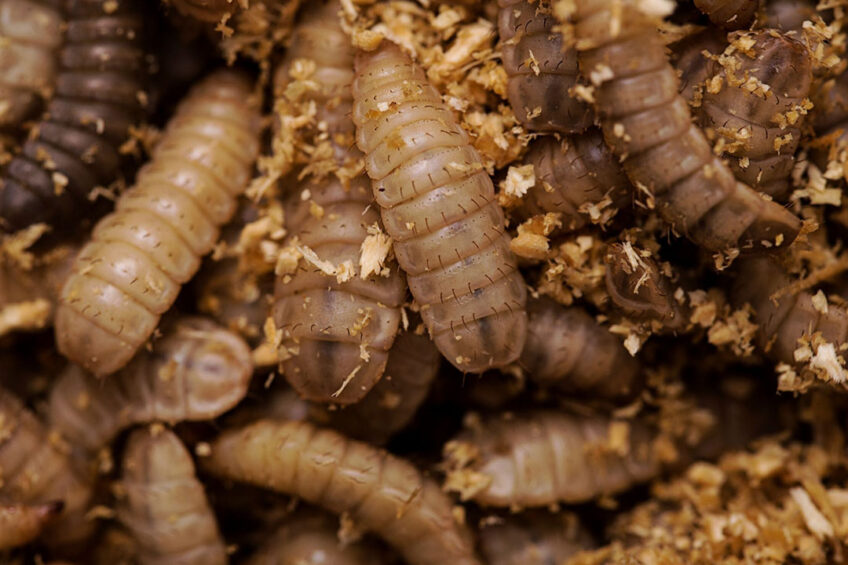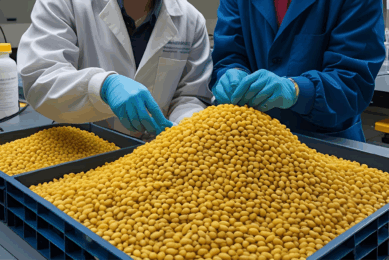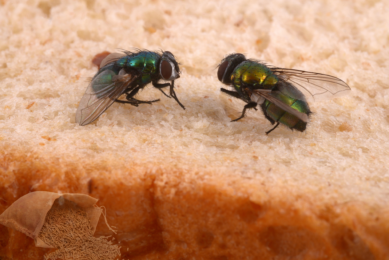New insect research laboratory launched in UK

Fera Science has invested £1m into creating a UK “first of its kind” insect research laboratory at its base at a leading bioscience hub on the outskirts of York. The expansion will see the business’s presence at York Biotech Campus grown by more than 2,000 square feet.
One of the first in Europe, the laboratory will allow Fera to upscale its current insect services and help meet the needs of clients from across the food industry by being able to show insect bioconversion at scale and replicate the nature of future factory insect farming.
What is insect bioconversion?
Insect bioconversion is the process of feeding insects waste to create additional materials, such as protein or fertiliser, and is a hugely sustainable practice that reduces waste, provides alternative food for animal feed and reduces the environmental impact of sourcing for protein in depleted areas, ultimately helping combat climate change.
Growing demand for meat and fish
Recent analysis by Asia Research and Engagement has shown that increasing demand for meat and fish products, particularly in Asia, is expected to lead to a 78% increase in meat and seafood demand to 2050, putting pressure on current animal feed protein sources such as soy and fishmeal. Primary protein production needs to increase by 50% until 2050 to meet this demand and 85% of arable land is already in use.
Circular economy
Fera will offer its clients advice on how companies can benefit from insect bioconversion to demonstrate their commitment to sustainability, as waste that usually ends in landfill can be used to benefit the circular economy as well as creating an additional revenue stream. Sine insect species, such as the black soldier fly (BSF) are well-suited for growth on a large scale.
And with its historic close links to the public sector, the laboratory will collaborate closely with the Department for Environment, Food and Rural Affairs (Defra) and university partners, as well as start-ups and insect farms. The laboratory is expected to open later this summer.
Damian Malins, Fera Science Venturing Projects director, said the laboratory would mean the business would be able to deliver far more to all its clients including commercial and public sector, as well as research partners.
“What’s better is that we’re growing our base at York Biotech Campus. The campus sits at the heart of an agricultural region that is driving the circular economy and bio-based industry. The collaboration it encourages is fantastic and through connections with other tenants and near neighbours we have already established links to food producers, community groups and agri-businesses who wish to explore the potential of insect farming as part of their net carbon zero objectives.”
2 billion currently consume insects per year
The announcement came in the same week as UK Research and Innovation (UKRI) in its annual report on global issues said that 2bn people currently consumed insects worldwide, helping lower carbon emissions. “There is a need to promote insect consumption more widely, including as animal feed. Insects provide key ecosystem services including decomposition of organic matter, nutrient recycling, soil bioturbation and seed dispersal and can help to enhance soil quality and carbon sequestration.”











